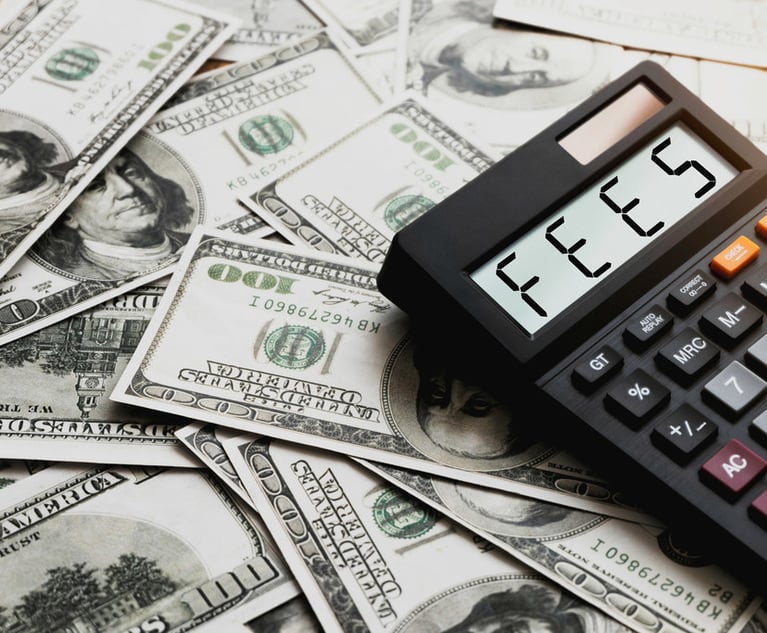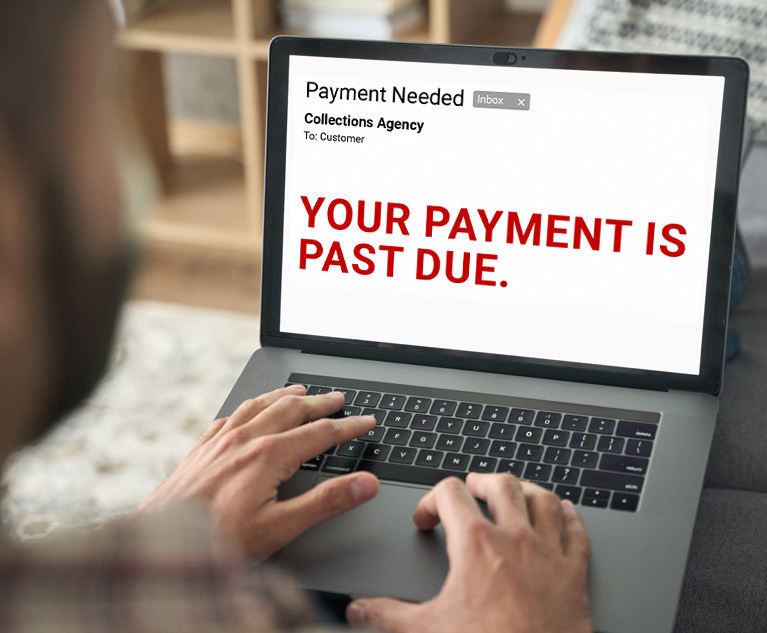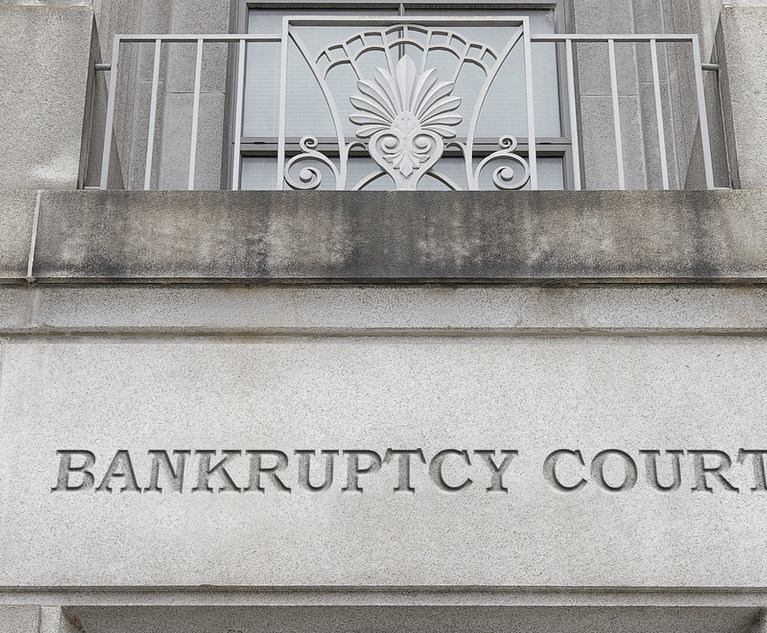There are few things more unsettling to a client than receiving a demand letter or a complaint seeking to recover an alleged preferential payment. The average business person who is working to supply goods or services to customers already faces a lot of stress. The preference demand adds to that stress by demanding the return of payments for the goods and services actually provided. There is no allegation that the goods were defective or the services were inadequate. Rather, the Bankruptcy Code, and some states’ insolvency laws, allow a trustee to make the demand. Debtors and others may also seek to recover preferential transfers in certain circumstances. Creditors facing such demands often complain that these laws are unfair. A response that they should call their representatives in Congress is unsatisfying, to say the least.
Yet, there is some good news. The Bankruptcy Code and state insolvency laws contain several defenses to the recovery of preferential transfers which often reduce or eliminate the preference exposure in many, if not most, cases. This article provides an overview of the defenses and suggestions to obtain the best settlement possible. Although this article focuses on monetary transfers, readers should be aware that other transfers, like the transfer of a security interest, may be preferential. Readers are invited to contact the author to discuss any of these matters in more detail.







